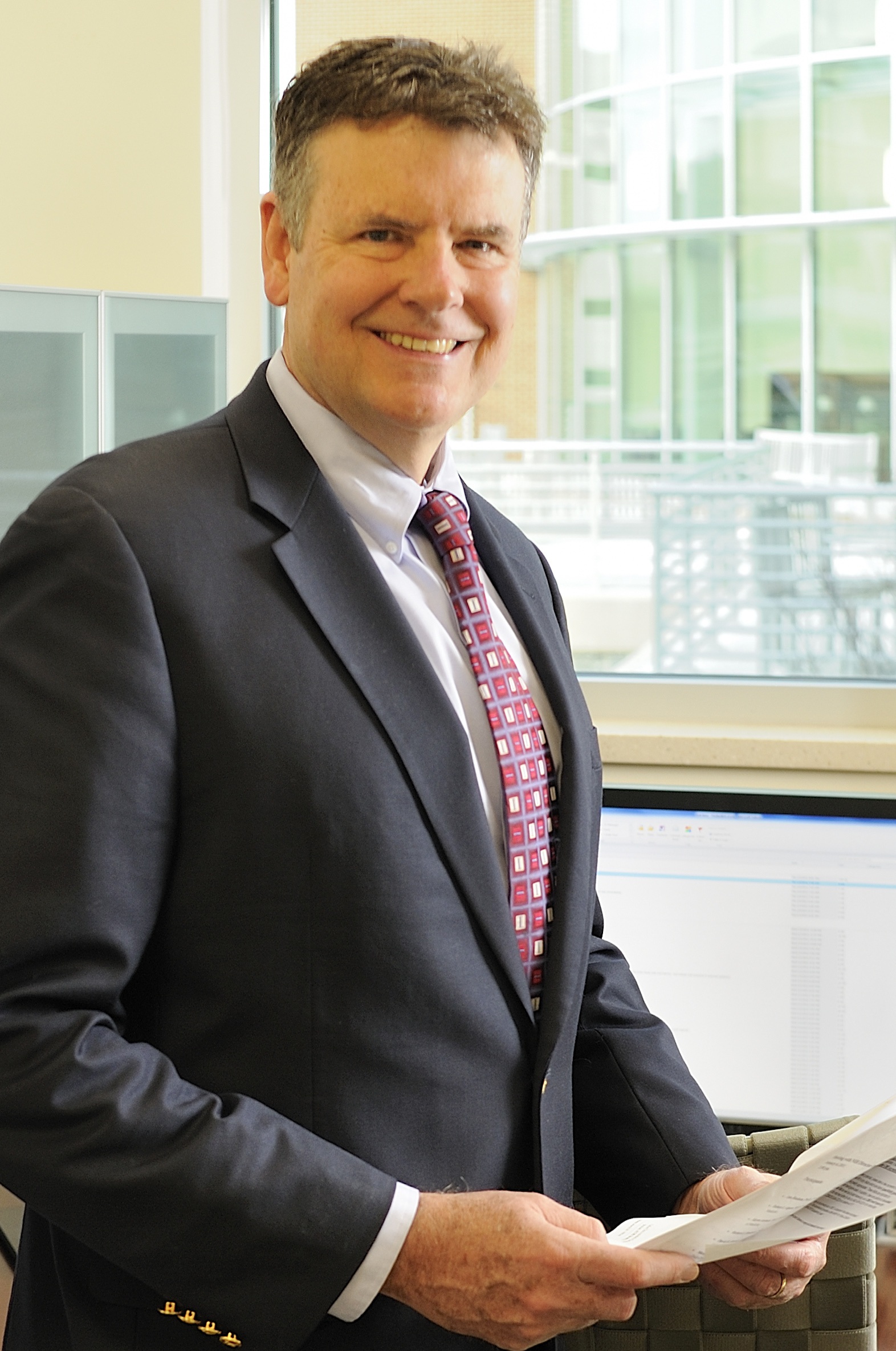Virginia Tech Carilion Research Institute director named president-elect of the Society for Experimental Biology and Medicine

Michael Friedlander, founding executive director of the Virginia Tech Carilion Research Institute and professor of biological sciences in the College of Science at Virginia Tech, is president–elect of the Society for Experimental Biology and Medicine effective July 1. He will be president for two years beginning July 1, 2013.
The president serves as the CEO of the society, which was founded in 1903 to promote investigation in the biomedical sciences by encouraging and facilitating interchange of scientific information across medical/scientific disciplines. The 1,600-member society promotes investigation in the biomedical sciences through publication of the peer-reviewed journal, Experimental Biology and Medicine, and fosters the career development of students, physician-scientists, and new investigators.
Friedlander, who is also a core faculty member in the School of Biomedical Engineering and Science at Virginia Tech, said, "It is an honor to have one's colleagues express their trust and support for me to assume a leadership position for an organization upon which they depend for parts of their scientific careers, particularly for a society that has a such a long and distinguished history. I am particularly enthusiastic to contribute on a national and international level to the major missions of the Society for Experimental Biology and Medicine as relate to enhancing the interaction of basic biological investigation and medicine and the support for training the next generations of biomedical investigators. It is particularly auspicious at this stage of my own career where I have the opportunity at Virginia Tech to facilitate these types of programs helping to bridge research and training programs between the Virginia Tech Carilion Research Institute, Virginia Tech Carilion's new medical school, the life sciences at Virginia Tech, and Carilion Clinic."
The society's past presidents represent a wide variety of institutions, including Columbia University, Cornell University, Georgetown University, Johns Hopkins University, Harvard Medical School, New York University, the National Institutes of Health, Rockefeller University, the University of California, Davis, the University of Chicago, the University of Texas Health Science Center, the University of Washington, the University of Wisconsin, and Yale University.
The Society for Experimental Biology and Medicine organizes major interdisciplinary scientific programs and symposia each year as part of the Experimental Biology meeting, covering a wide range of contemporary topics at the interface of biology and medicine. In early April, 2011, the society sponsored a symposium at the annual Experimental Biology meeting in Washington, D.C., entitled, Energy Metabolism and the Pathogenesis, Treatment and Prevention of Obesity and Diabetes. Similar programs presented over the last several years have included
- Evolving from Reductionism to Holism - The Future is Systems Medicine;
- The Co-morbidity of Stress and Disease: Effects of Chronic Stress on Metabolism, Cardiovascular Disease and Behavior;
- Progress in Pharmacogenomics and Its Promise for Medicine;
- Nanotechnology, Biology, and Medicine in the Society for Experimental Biology and Medicine's Second Century; and
- The Role of Modern Biology and Medicine in Drug Development in Academia and Industry.
Friedlander also serves as the associate editor for the neuroscience section of the society's official journal, Experimental Biology and Medicine.







